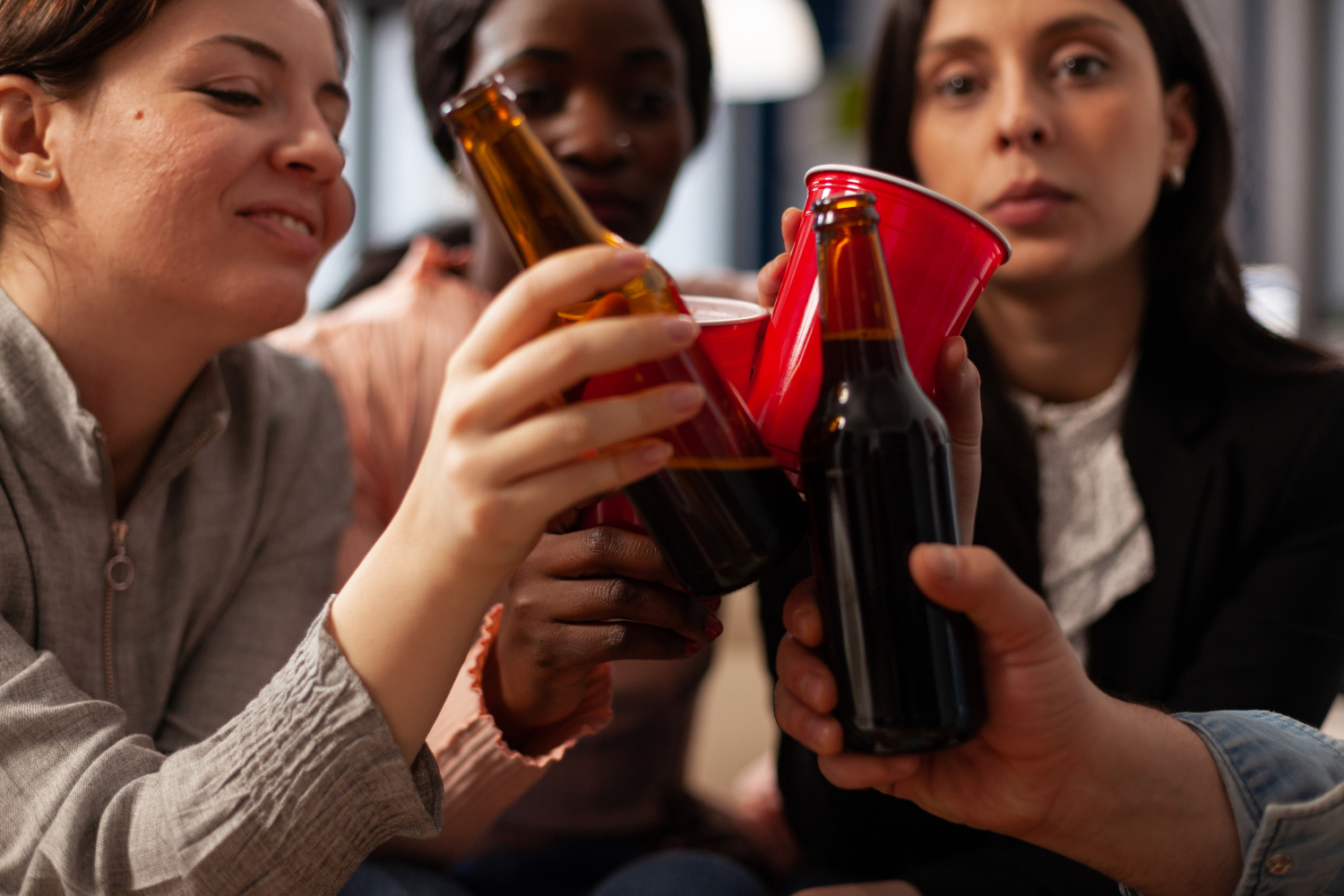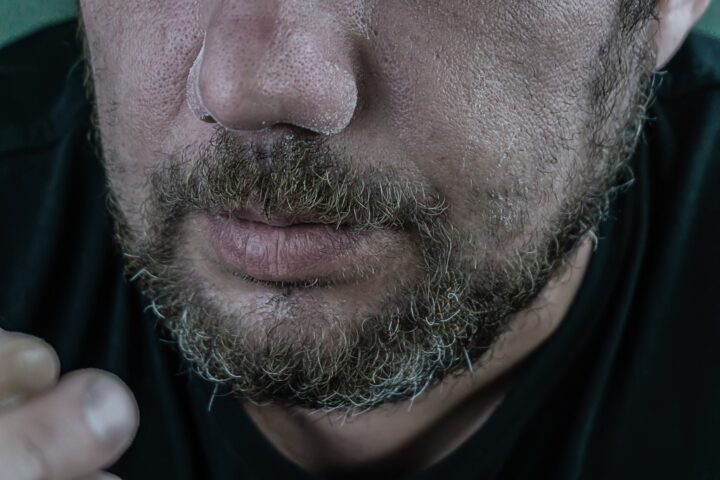Why Teens Drink Alcohol and How to Help Them Stop
Worried about the dangers and consequences of underage drinking? There are effective ways to help your teen cope with the pressures to drink alcohol and make healthier choices.
Consequences of Underage Drinking
Discovering that your child or teen is drinking alcohol can be alarming. Underage drinking can have serious consequences that may not become apparent until later in life. Alcohol use at a young age can negatively impact brain development, disrupt sleep patterns, delay puberty, and hinder concentration at school. It also increases the risk for liver and heart disease, high blood pressure, and certain types of cancer.
Emotionally and behaviorally, alcohol use can affect a teen’s mood and personality, trigger depression or anxiety, and lead to risky behaviors such as impaired driving, unprotected sex, fighting, stealing, or skipping school. Teens are more likely to binge drink and are at a higher risk of developing alcohol-related problems than adults due to their developing brains, which prioritize pleasure over sound decision-making.
As a parent, it’s important to remember that you can still influence your child’s choices, especially during their preteen and early teen years. The following guidelines can help you talk to your child about alcohol, address underlying issues, and encourage smarter choices in the future.
Why Do Teens Drink Alcohol?
The adolescent years are a time of significant change, both physically and emotionally. Government statistics show that by age 15, nearly 30% of kids have had at least one drink, and by age 18, almost 60%. Understanding why teens drink can help you address the issue effectively.
Common Reasons for Teen Drinking:
- Peer Pressure: Teens are heavily influenced by their friends. A sudden change in peer group can be a sign of negative influences, including drinking.
- Environmental Influences: Movies, TV shows, and social media often glamorize alcohol use, making it seem appealing. Educate your child on how social media can distort reality.
- Coping with Problems: Teens may turn to alcohol to deal with stress, boredom, school pressure, or mental health issues like anxiety or depression. Regular drinking alone or during the day can indicate underlying issues.
- Desire for Independence: Teens may drink to feel more mature or to mimic adult behavior. Your actions set a powerful example, so it’s crucial to model responsible drinking habits.
- Lack of Boundaries: Teens need clear rules and consequences. Consistent boundaries help them understand what is acceptable and what is not.
How to Talk to Your Teen About Underage Drinking
Talking to teens about alcohol can be challenging, but it’s crucial. The earlier you start the conversation, the more likely you are to influence their choices.
Strategies to Open Communication:
- Choose the Right Time: Discuss alcohol when both you and your teen are calm and free from distractions.
- Find Common Ground: Start with a neutral topic before transitioning to the subject of alcohol.
- Make it a Conversation, Not a Lecture: Listen to your teen’s thoughts and opinions without judgment. Supportive, non-judgmental conversations foster openness.
- Discuss Immediate Consequences: Teens often feel invincible, so focus on immediate effects like bad breath, skin issues, or embarrassing behavior rather than long-term health risks.
- Emphasize Safety: Make sure your teen knows the dangers of drinking and driving. Always provide a safe way for them to get home.
Helping Your Teen Resist Peer Pressure
Teens often face situations where they’re offered alcohol. Equip them with strategies to handle these situations without feeling left out.
Tips to Resist Peer Pressure:
- Provide Excuses: Give your teen reasons to decline alcohol, like needing to drive or having an early start the next day.
- Teach Safety Measures: Encourage them to only accept beverages they know are safe and to have an exit strategy if they feel uncomfortable.
- Encourage Alternate Activities: Suggest other plans that don’t involve drinking, like going to the movies or playing sports.
Supporting a Teen Who Is Already Drinking
If your teen is already drinking, it’s important to address the issue calmly and supportively.
Steps to Support Your Teen:
- Stay Calm: Address the issue when everyone is sober and calm.
- Express Concern: Make it clear that your concerns come from a place of love and care.
- Know Their Friends: Understand who your teen is spending time with and ensure their friends are a positive influence.
- Monitor Their Activity: Keep alcohol in your home locked away and check for hidden alcohol in your teen’s space.
- Address Underlying Issues: Talk to your teen about any stress or mental health issues that may be driving their alcohol use.
- Set Clear Rules and Consequences: Make sure your teen understands the legal and personal consequences of underage drinking.
- Encourage Healthy Interests: Help your teen find hobbies and activities that build self-esteem and resilience.
If Your Teen Has an Alcohol Use Disorder
If your teen shows signs of alcohol abuse, such as hidden bottles, changes in behavior, or declining school performance, they may have an alcohol use disorder.
Supporting a Teen with Alcohol Use Disorder:
- Recognize the Signs: Be aware of the indicators of alcohol abuse.
- Offer Support: Show patience, love, and support while encouraging your teen to seek help.
- Get Professional Help: Seek advice from a doctor, therapist, or counselor who specializes in addiction.
Binge Drinking and Alcohol Poisoning
Binge drinking is particularly dangerous for teens, leading to risks like alcohol poisoning. It’s essential to understand the signs of alcohol poisoning and take immediate action if necessary.
Signs of Alcohol Poisoning:
- Vomiting
- Confusion
- Slow or irregular breathing
- Clammy skin
- Unconsciousness
What to Do:
- Don’t Leave Them Alone: Stay with your teen and turn them onto their side to prevent choking.
- Call for Help: Contact emergency services immediately.
The Teen Years Don’t Last Forever
While it can be challenging to deal with a teen’s drinking, remember that these years are temporary. With your guidance and support, your teen can learn to make better choices and develop a healthy relationship with alcohol in adulthood.
For Teens
If you’re a teen worried about your own or a friend’s drinking, reach out to a trusted adult, whether it’s a parent, family friend, older sibling, or school counselor. Acknowledging a problem with alcohol takes strength and courage, and there is help available to guide you through it.




